CarboChip: High performance micro-electrodes for retinal implants
Dr. Wadood Haq – Hector Fellow Eberhart Zrenner
Dr. Franz Selzer – Hector Fellow Karl Leo
Hector Fellow Manfred Kappes
Hector Fellow Martin Wegener
Im Projekt wurden neuartige Mikro-Elektroden auf der Basis von High-Tech-Materialien zur räumlich und zeitlich hochauflösenden elektrischen Stimulation von neuronalem Gewebe entwickelt. Diese hocheffizienten Elektroden sollen in Zukunft in Retinaimplantaten Anwendung finden und zu einer Verbesserung der Sehleistung beitragen.
Es handelt sich um eine Kooperation der Hector Fellows Manfred Kappes, Karl Leo, Martin Wegener und Eberhart Zrenner sowie der HFA Postdoktoranden Dr. Wadood Haq (Eberhard Karls Universität Tübingen) und Dr. Franz Selzer (TU Dresden).
Worldwide millions of people suffer from blindness due to degeneration of the light sensitive photoreceptor cells of the retina. To date there are no therapies available to cure this progressive disease. However, promising results for restoration of vision have been achieved in clinical trials with electronic retinal implants [Zrenner et al., 2013]. Blind patients with hereditary retinal degeneration were enabled to experience some visual sensations again: they localized objects of daily life; some of them could even identify large letters.
This interdisciplinary project aims at optimizing the interface of electrode material and neuron in order to improve temporal and spatial resolution of retinal implants by bringing together experts in the field of ophthalmology and retinal implants, of novel electrode materials as well as of the synthesis and structuring of such materials. The challenge on the one hand is the limited choice of electrode materials that are bio-compatible and on the other hand the high density of different neurons to be stimulated.
This optimization process will iterate through the loop of three steps:
1. Expertise in fabrication of highly efficient electrodes (Prof. Leo & Dr. Selzer): To improve the spatial resolution of the implant, the development of micro electrodes is planned. These electrodes will ideally allow the addressing of single or few retinal cells by electrical stimulation.
2. Fabrication of conductive 3D microstructures (Prof. Kappes & Prof. Wegener): Not only the size but also the topology and the electric conductivity of electrodes have impact on the excitation of different functional cell types of the retina as well as on selectivity and safety. Electrode arrays are being developed that are sufficiently conductive and that can be structured into three-dimensional architectures by using laser lithography.
3. Expertise of ophthalmology and retinal implants (Prof. Zrenner & Dr. Haq): The efficiency and safety of the developed electrodes for neuronal stimulation will be investigated and evaluated in the ex-vivo retina of mouse models for retinal degeneration.
The interactive feedback between the partners will allow continuous improvement of the electrodes. The final milestone of the project is to incorporate the optimized electrodes in an implant (demonstrator) for improved retinal stimulation.
References:
[Zrenner et al., 2013] "Fighting Blindness with Microelectronics", Eberhart Zrenner, Science Translational Medicine 2013, Vol. 5, Issue 210, pp. 210ps16, DOI: 10.1126/scitranslmed.3007399
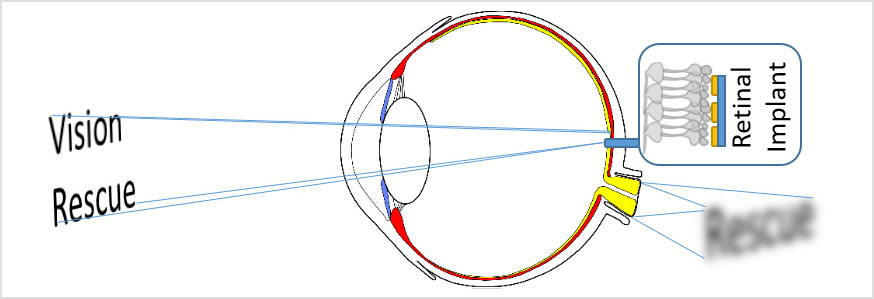
Entwicklung von Elektroden für einen Next-Generation Retina Implantat. Die High-Tech Elektroden sollen die Performance eines Sub-Retinalen Implantants zur partiellen Wiederherstellung des Seheindrucks verbessern.
Dr. Wadood Haq
PostdoktorandDr. Franz Selzer
PostdoktorandZukunftstechnologie Organische Elektronik
Projekt "CarboChip" ab 4:45
Betreut durch
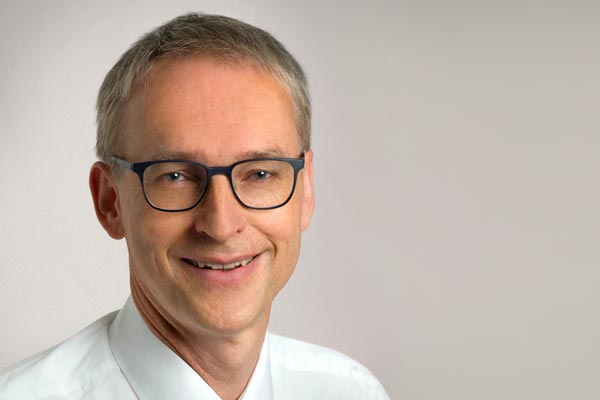
Karl Leo
PhysikHector Fellow seit 2013
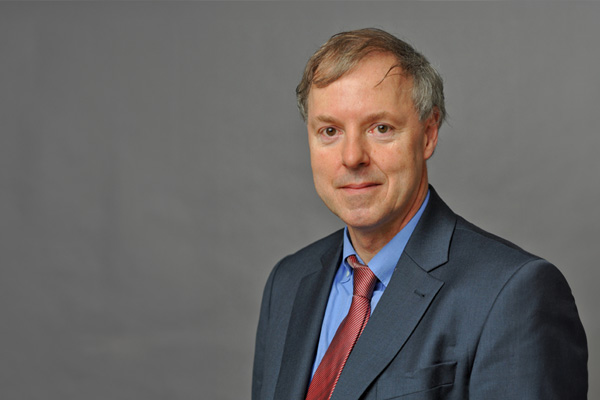
Manfred Kappes
Chemie & PhysikHector Fellow seit 2009
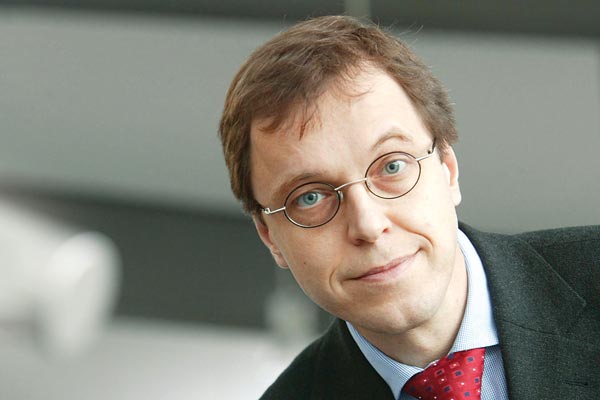
Martin Wegener
Physik & Ingenieurwesen
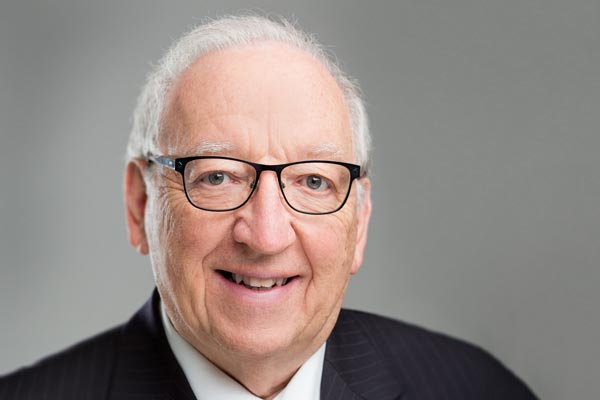
Eberhart Zrenner
Medizin, Biologie & Ingenieurwesen


